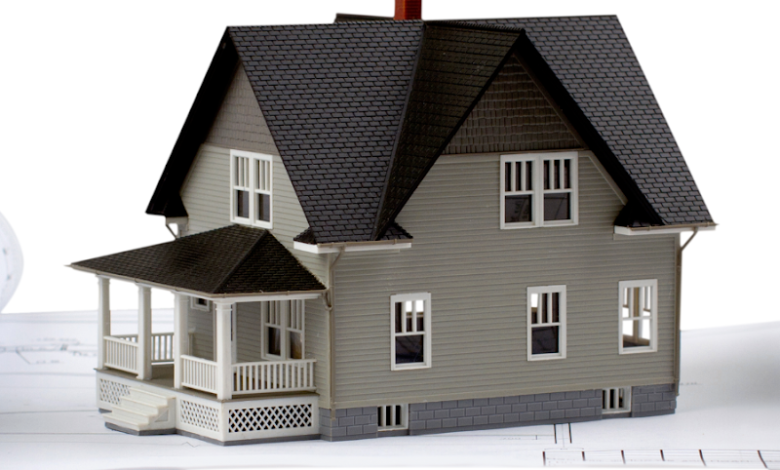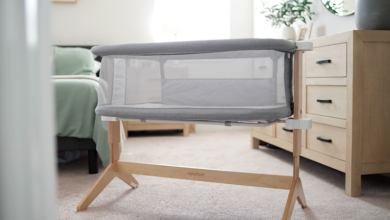The Impact of a Home Extension on Property Taxes in Long Island

Long Island real estate market is known for its high property values and significant property taxes, making any home improvement project a critical decision.
Homeowners looking to expand or renovate often wonder how home extensions will impact their property taxes. Understanding this is crucial because property taxes in Long Island are calculated based on the assessed value of the home, and changes to the property can lead to increased assessments.
This article will guide you through how home extensions affect property taxes in Long Island and what you can do to manage these increases.
How Property Taxes Are Calculated
Property taxes in Long Island are calculated based on the assessed value of your home, which is determined by the local tax assessor. The assessed value typically reflects the market value of your property, and an extension or renovation can increase that value. The local tax rate is then applied to the assessed value to calculate the tax you owe.
Each township in Long Island, including Nassau and Suffolk counties, has different tax rates, which can vary based on school district needs and local government budgets.
For example, a home in a well-funded school district like Great Neck may have higher taxes than one in more rural parts of Suffolk County.
In some cases, equalization rates are applied to ensure uniformity in assessments across various municipalities.
Factors Influencing Property Taxes
Several factors affect how property taxes are determined:
- Property size and value: Larger properties or those with high-end renovations typically face higher taxes due to their increased market value.
- Local tax rate variations: Local government services and school district budgets influence the tax rate, meaning wealthier areas often have higher taxes.
How Home Extensions Affect Property Taxes
Not all home extensions affect property taxes equally. Here’s how different types of extensions typically influence assessments:
1. Interior renovations
Adding a bedroom or bathroom directly increases your home’s livable space, thereby raising its market value and taxes. A kitchen remodel, even without adding space, can also elevate the assessed value because modern kitchens are highly sought after in the real estate market.
2. Exterior additions
Adding a second floor or expanding the house horizontally significantly increases square footage, leading to a noticeable rise in property taxes. Adding a garage has a smaller but still measurable effect on the tax assessment.
3. Outdoor spaces
Installing a pool, patio, or deck can raise property value, especially in upscale areas like the Hamptons, leading to higher taxes.
How the Local Assessor Responds to Extensions
When you complete a home extension in Long Island, the local tax assessor will reassess the property. The assessor considers added square footage, new amenities, and market changes when determining the new value. For example, adding a new bedroom and bathroom can trigger a reassessment, leading to a tax increase.
Reassessments often happen after you pull the necessary permits for your extension. You will receive a notice detailing any change in your property’s assessed value and the corresponding increase in taxes.
Case Studies: Real-World Examples
Real-world examples of how home extensions impact property taxes can help you better understand what to expect.
Nassau County Homeowner
A Nassau County homeowner added a second floor, which increased their property’s assessed value from $650,000 to $800,000, raising annual property taxes from $16,000 to $19,500. Major home extensions significantly impact taxes, making it essential to budget accordingly.
Suffolk County Homeowner
In Suffolk County, a homeowner added a detached garage and a home office. Their assessed value rose from $450,000 to $480,000, with taxes increasing from $9,800 to $10,300. While the increase was smaller than in Nassau, any improvement can affect taxes.
Mitigating the Impact of a Home Extension on Property Taxes
While home extensions can raise your property taxes, there are strategies to mitigate these increases.
1. Legal Exemptions and Deductions
Homeowners in Long Island can explore tax relief programs given below.
- STAR Program (School Tax Relief): Homeowners who meet income criteria can reduce their school tax burden. Both Nassau and Suffolk County residents may qualify.
- Home improvement exemptions: Certain energy-efficient upgrades, like solar panels, may qualify for tax exemptions, lowering the increase in your assessed value.
- Veteran and senior citizen exemptions: Long Island homeowners who are veterans or seniors may be eligible for significant property tax reductions.
2. Strategic Planning for Home Extensions
To minimize tax increases, homeowners should consult with a tax professional before beginning any renovations.
Professionals can forecast the tax impact of various extensions, helping you make informed decisions. For instance, adding a swimming pool may lead to a smaller tax increase than adding a new bedroom, depending on the market.
Budgeting for increased property taxes is essential. Tools are available online, or you can request a tax estimate from your local assessor’s office to help prepare for future tax bills.
Conclusion
Home extensions in Long Island can significantly impact your property taxes, but understanding how the system works allows homeowners to plan accordingly. By knowing how different types of extensions affect assessments and leveraging available exemptions, you can manage the tax burden that comes with upgrading your home.
If needed, don’t hesitate to consult with tax professionals or consider appealing your reassessment to ensure your property taxes are fair.



